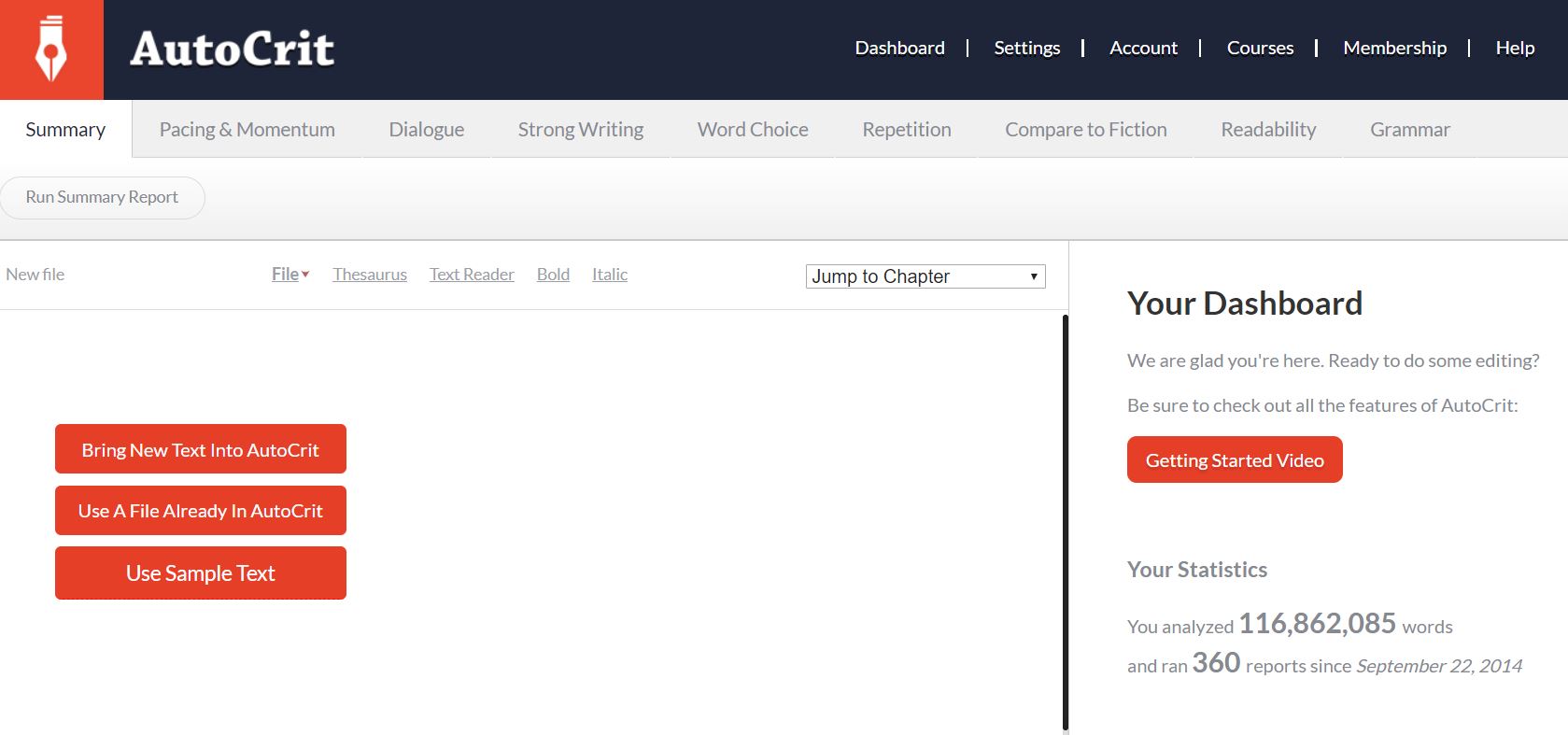In Return of the Jedi, Luke confronts Obi-Wan about not revealing Darth Vader as his father. Obi-Wan responds with what I can only call thin logic that he didn’t lie when he told Luke that Vader killed Anakin, that it was the truth – from a certain point of view.
 Point of view, or POV, in a manuscript describes from what character the scene is experienced. The reader is “in the head” of the POV character – what the character sees, the reader sees. Changing POV within a scene, or even a chapter, can confuse the reader by removing the perspective anchor. Referred to as “head-hopping,” maintaining what I refer to as “POV discipline” is a basic skill novelists need to master.
Point of view, or POV, in a manuscript describes from what character the scene is experienced. The reader is “in the head” of the POV character – what the character sees, the reader sees. Changing POV within a scene, or even a chapter, can confuse the reader by removing the perspective anchor. Referred to as “head-hopping,” maintaining what I refer to as “POV discipline” is a basic skill novelists need to master.
However, the perspective is a part of the equation. While working with an editor on the manuscript for Childhood, a novelette to introduce the main characters and situations of my upcoming novel Fatherhood, two recent revelations have revealed that perhaps I’m not as skilled in POV as I thought, and that POV can be a powerful yet subtle story-telling device.
The first example was a simple dialogue tag – “Dad said.” I, apparently mistakenly, have always avoided using Dad and Mom and other similar dialogue tags because they’re not names, defaulting to “her father” and so on. My editor made the change to Dad. I am fortunate to be working with an excellent editor. There has to be a correct reason for the change, and it tied to POV. In this scene the character POV is the daughter of the man who spoke. “Dad” is the daughter’s name for her father, therefore is appropriate (and conveys a feeling of family). “Her father” is rather stuffy. Point taken.
The second example is more subtle. My editor replaced “egg innards” with “slimy egg.” That bothered me at first, as I liked the description “egg innards.” Enter POV again though. The story is told through a young girl’s eyes, not a 52-year old man’s. While I may lob “egg innards” in casual conversation, she, as a twelve-year-old, probably not.
Can you see the connection? Going beyond POV discipline and using POV to inject aspects about the POV’s character is a powerful tool I honestly had never considered before. Editing is often tedious work, but this revelation has energized the process for me. I feel that a certain “tunnel vision” point of view has been lifted.
Photo by Scott Eckersley on Unsplash
 I took this selfie before rehearsal for the second of five Easter services at my church. This is my fourth year singing in the church choir. We are a worship choir, not a performance one, meaning we focus on our church’s goal to help people become more fully devoted followers of Jesus of Nazareth.
I took this selfie before rehearsal for the second of five Easter services at my church. This is my fourth year singing in the church choir. We are a worship choir, not a performance one, meaning we focus on our church’s goal to help people become more fully devoted followers of Jesus of Nazareth.





 Coffee (of which I just finished my first cup of black in the pre-6 AM darkness) is another example (the benefit of increased alertness from the effects of the caffeine). She had not processed more than a couple of sips and therefore did not experience any benefit and the subsequent temptation to drink more. Hence her innocent reaction to alcohol, a point of view we seem to subdue after experiencing alcohol’s pleasing effects.
Coffee (of which I just finished my first cup of black in the pre-6 AM darkness) is another example (the benefit of increased alertness from the effects of the caffeine). She had not processed more than a couple of sips and therefore did not experience any benefit and the subsequent temptation to drink more. Hence her innocent reaction to alcohol, a point of view we seem to subdue after experiencing alcohol’s pleasing effects.